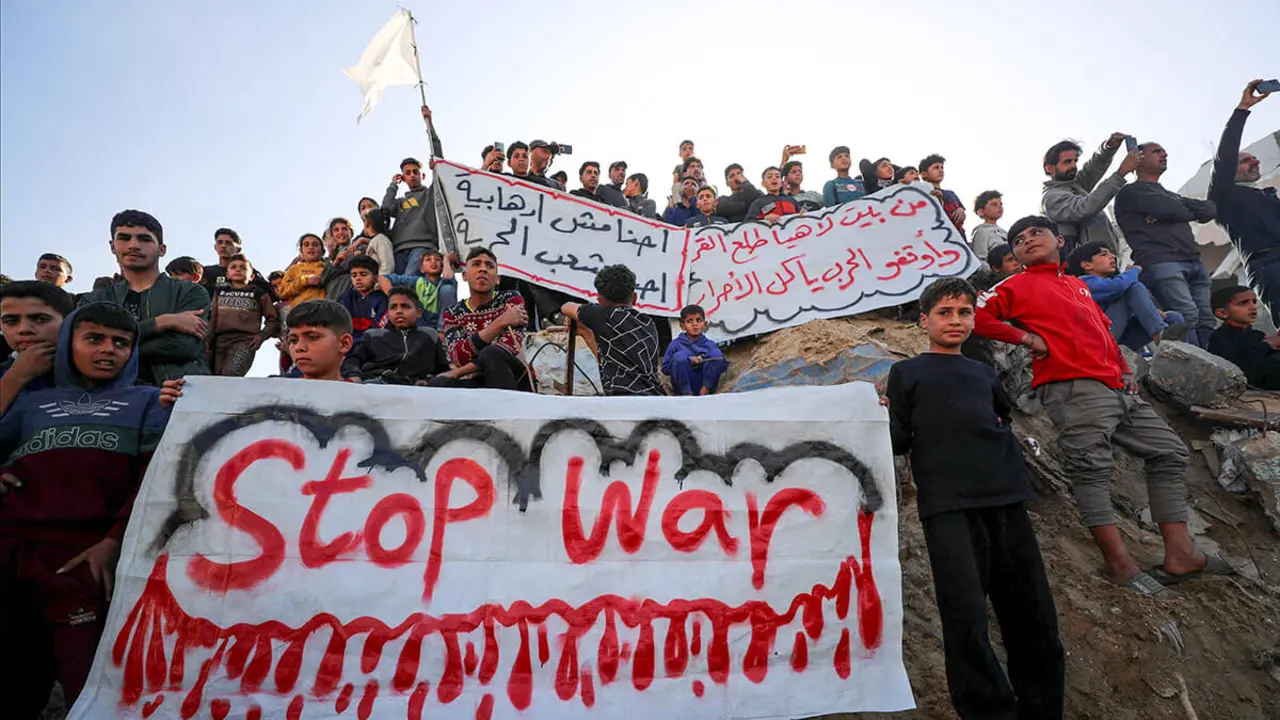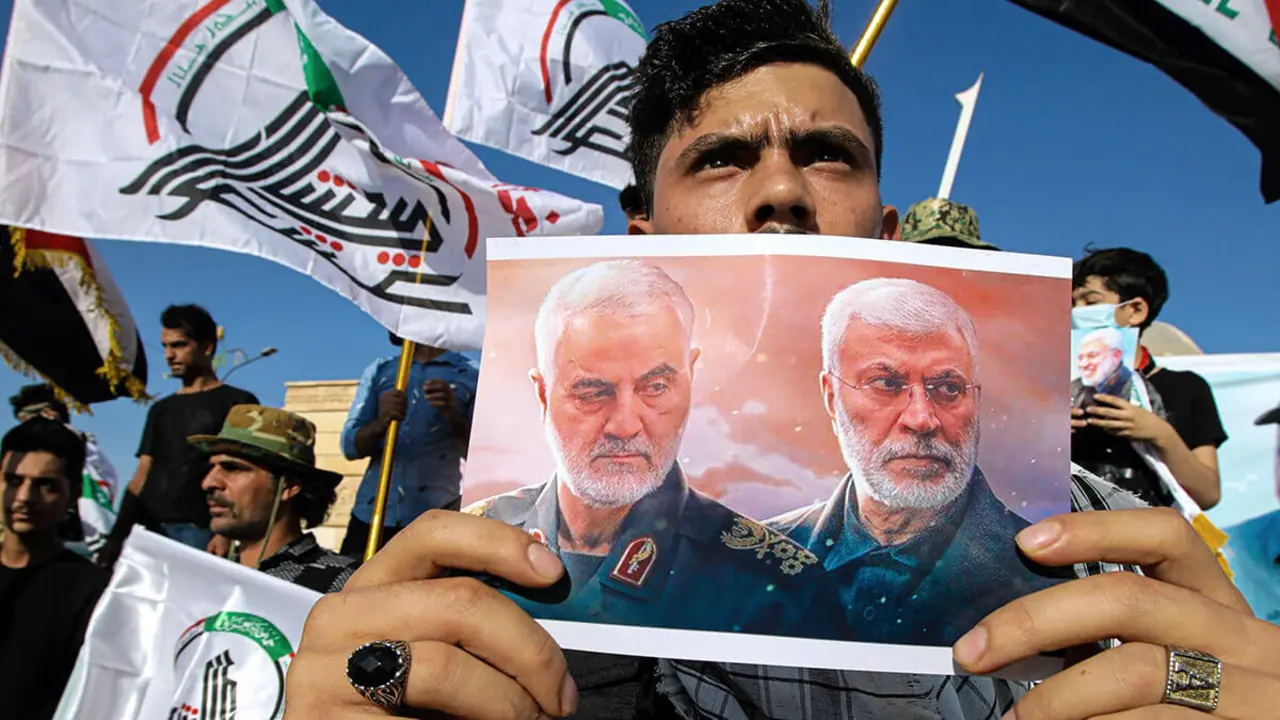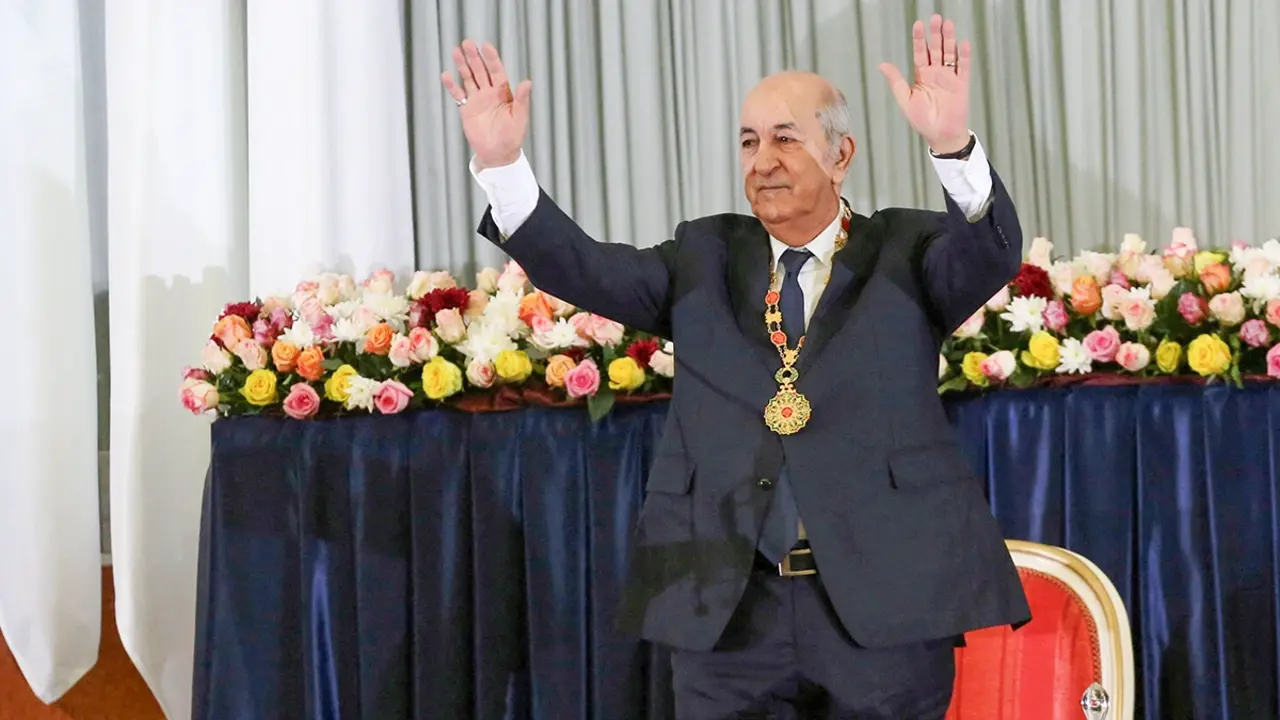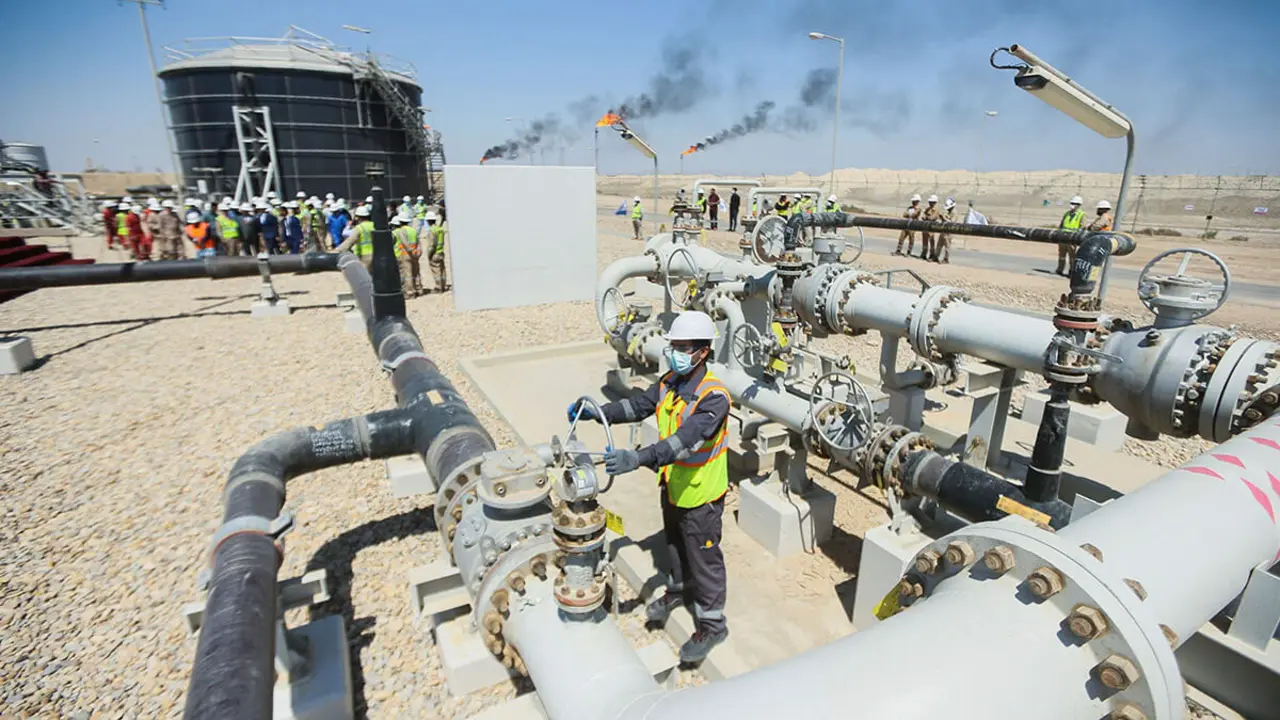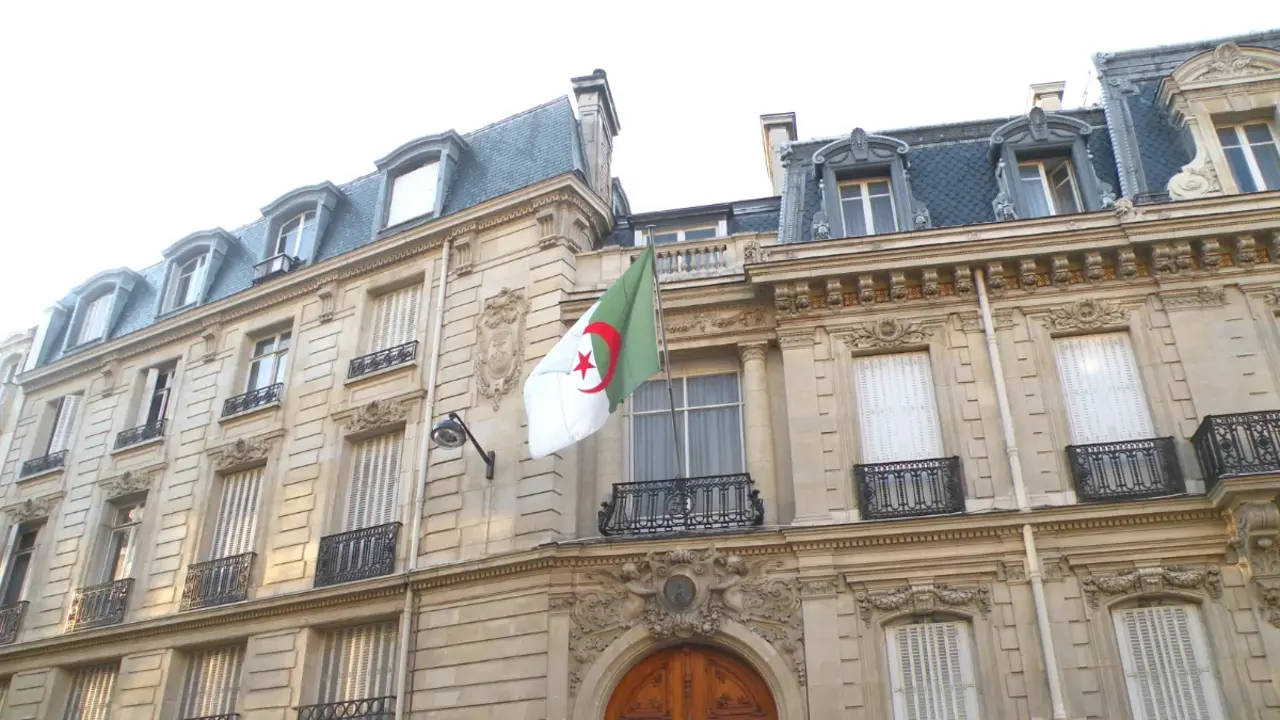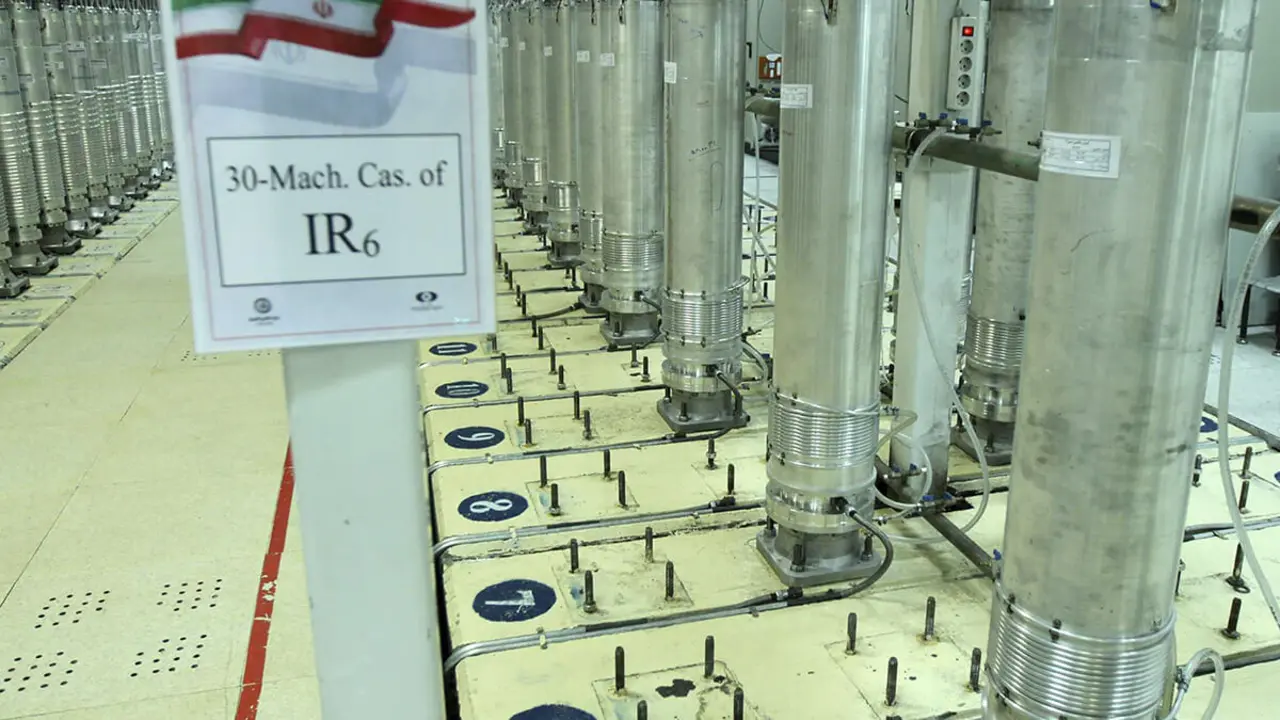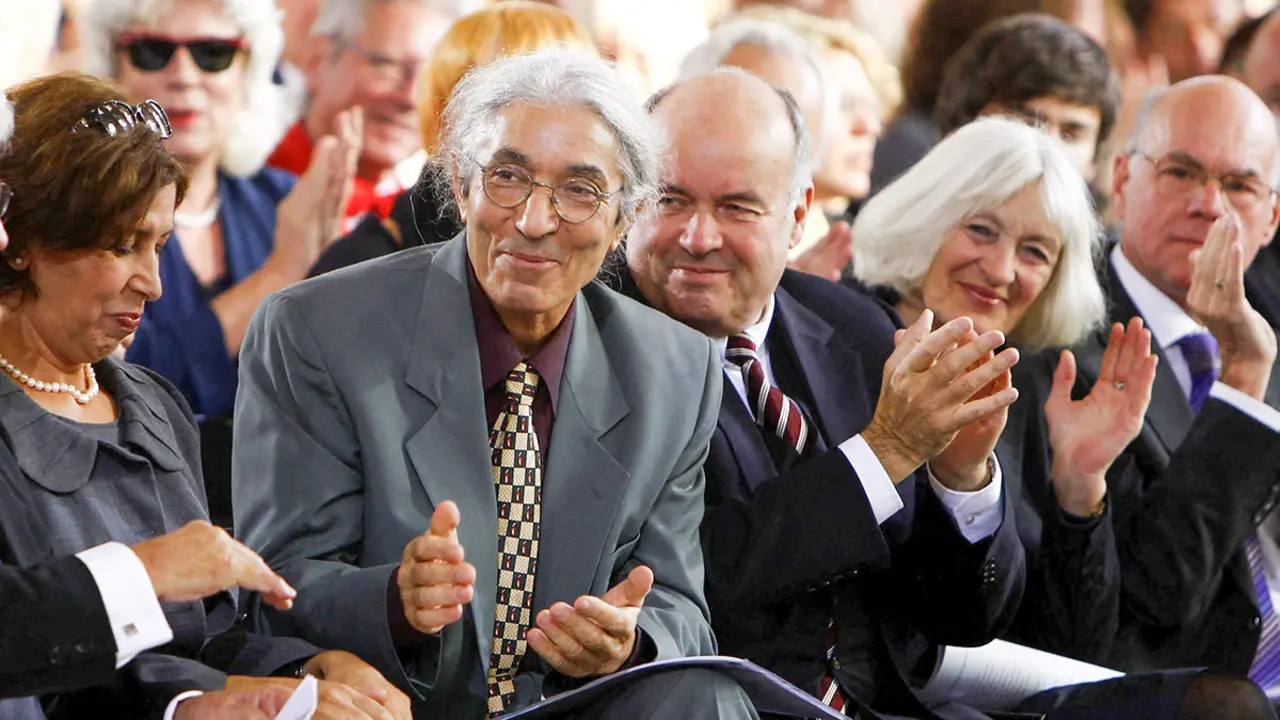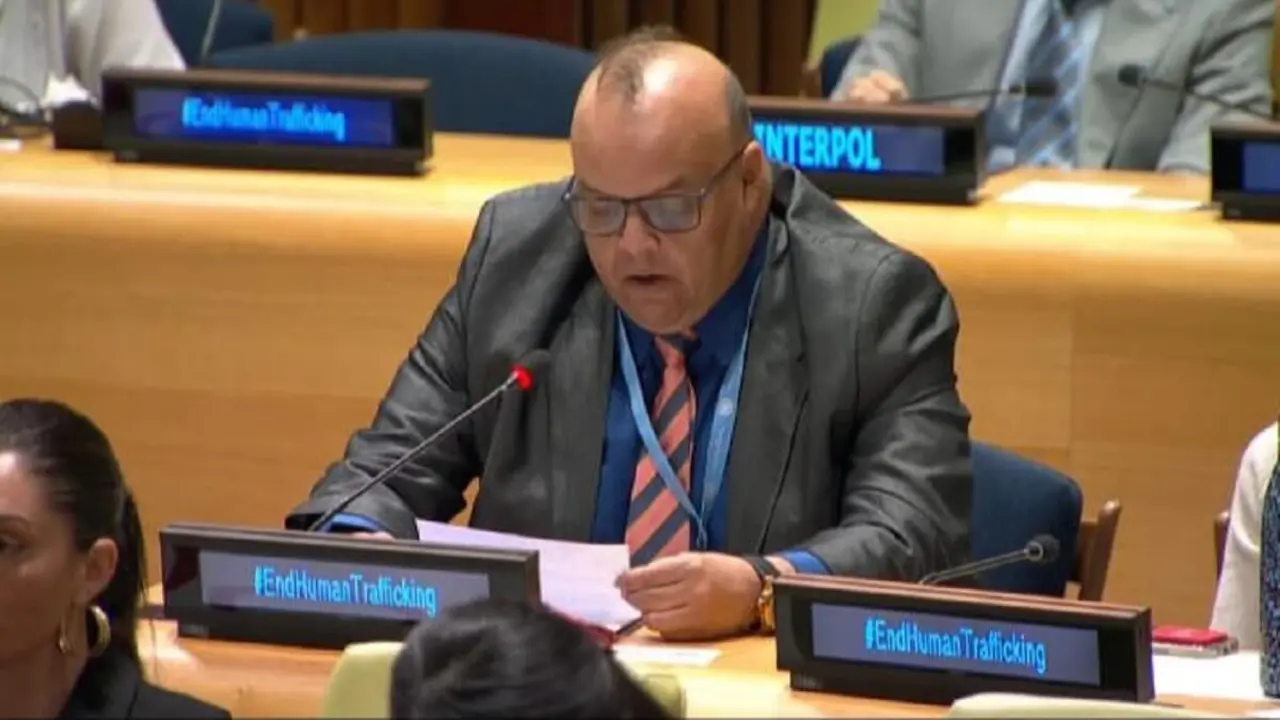Albares: "The relaunch of cooperation with Morocco has reduced irregular migration in the Canary Islands by 45%"

The Spanish government's Minister of Foreign Affairs, José Manuel Albares, responded during the government control session in the Congress of Deputies to questions put by the opposition on the normalisation of relations with Morocco and the consequences of support for Morocco's autonomy plan for the Sahara.
In his intervention, Albares valued very positively the return to the functioning of the Spanish-Moroccan working groups that deal with the issues that create friction between the two countries. According to Albares, thanks to the agreements reached in April with Morocco, cooperation on migration issues has managed to reduce the number of irregular migrants entering the coasts of the Canary Islands by 45%.
The minister also recalled the resumption of the work of the group for the delimitation of the waters off the Atlantic coast, paralysed for 15 years, which aims to reach agreements in the disputes over the sovereignty of the waters surrounding the Canary Islands archipelago. "This can only be beneficial for the Canary Islands", Albares stressed. The minister had already addressed the issue the day before in the Senate, a major problem due to the disputes between Spain and Morocco over the oil prospecting that Rabat authorised 170 km from the Canary Island of La Graciosa, or 50 km from Lanzarote and Fuerteventura. "And we hope to be able to carry out the same control for the waters of the Mediterranean for the benefit of Andalusia," he added.

According to Albares' speech, the government has no intention of provoking a clash with Algeria, a country he considered very important "for Spain and for this government".
"Algeria is a solid and reliable partner, and we want to have the best relations with them", the minister added in response to questions from Popular Party deputy María Valentina Martínez. The Foreign Minister maintained the same position in Congress as he did on the radio station Onda Cero at the beginning of the same week. In response to the withdrawal of the Algerian ambassador and the statements made by President Tebboune, the Foreign Minister said he did not want to create "sterile polemics" and affirmed that Algeria will respect the gas contracts with Spain.
Albares defended in the Chamber that having a good relationship with Algeria should not be incompatible with having the same with Morocco. "This government is working to have the best relations with its neighbours and for Spain to lead the international community, as we are going to do in a few weeks by hosting the most important NATO summit in the last 10 years, and in a few months the presidency of the European Union".

The Hispano-Moroccan Group on Migration will meet on 6 May in Rabat
Government sources told the EFE news agency that the Spanish-Moroccan group to regulate migration across borders will meet in Rabat on 6 May. This is a working group that has not met for more than two years. It is one of the fruits of the resumption of diplomatic relations between the two countries. According to EFE, the meeting of the group will be attended by the Secretaries of State for the Interior, Migration and Foreign Affairs. According to EFE, this meeting could coincide with the opening of the land borders of Ceuta and Melilla, which is expected to take place in May.
Air and maritime traffic resumed at the beginning of April for the ports of the Bay of Algeciras, and ferries are once again transporting passengers to the ports of Morocco.

